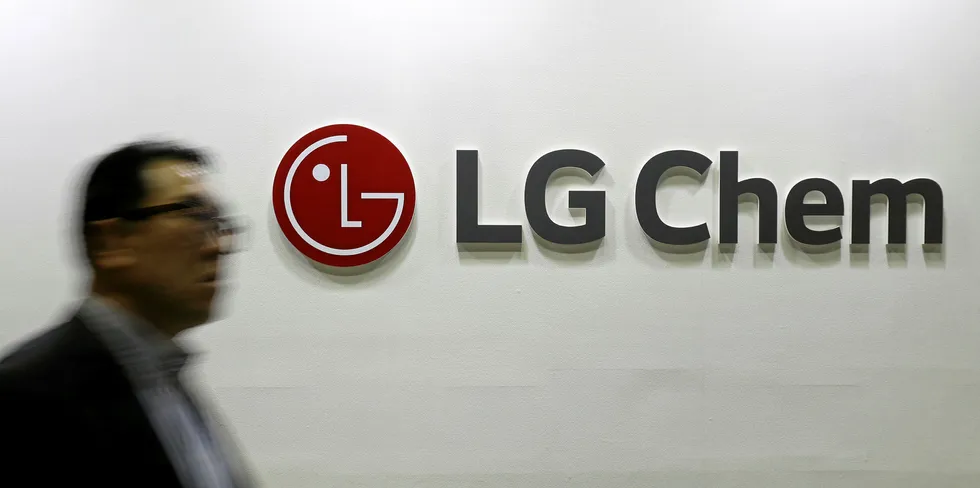Safety crackdown after string of fires hit wind and solar batteries
South Korean government unveils sweeping new measures after 23 blazes at energy storage systems

South Korean government unveils sweeping new measures after 23 blazes at energy storage systems
